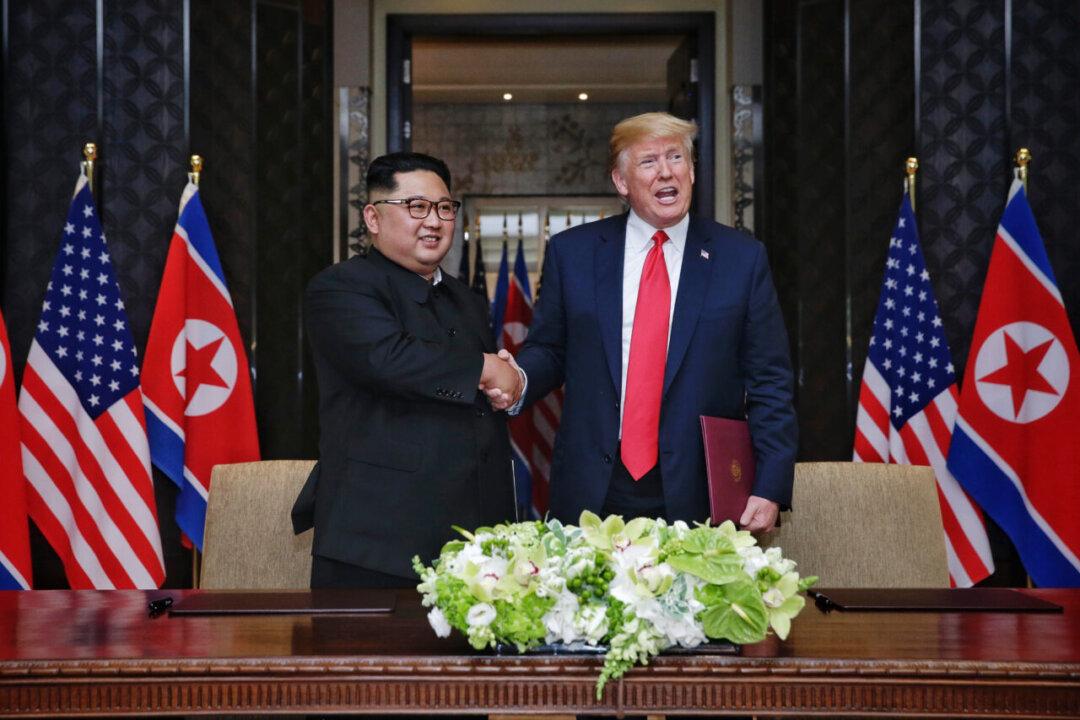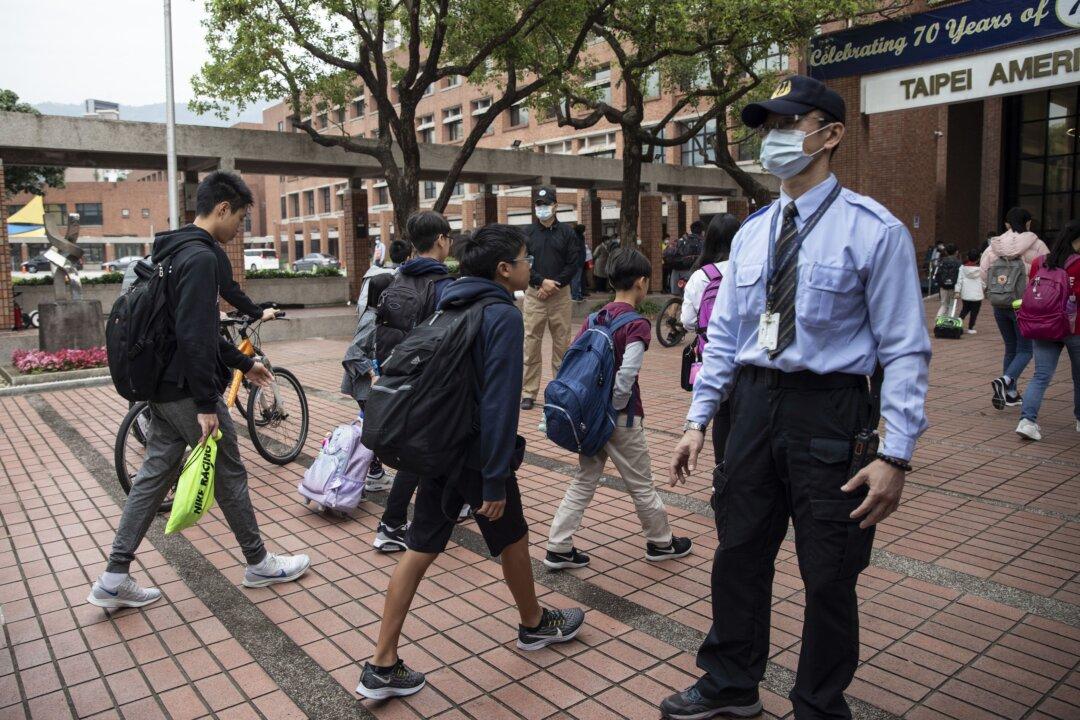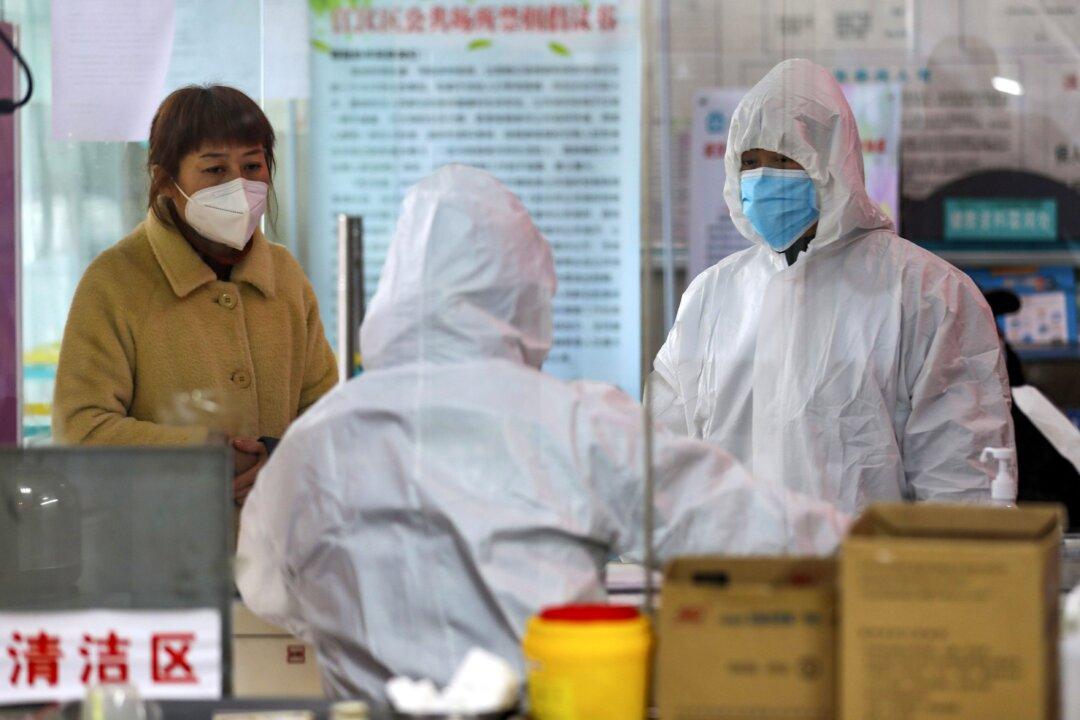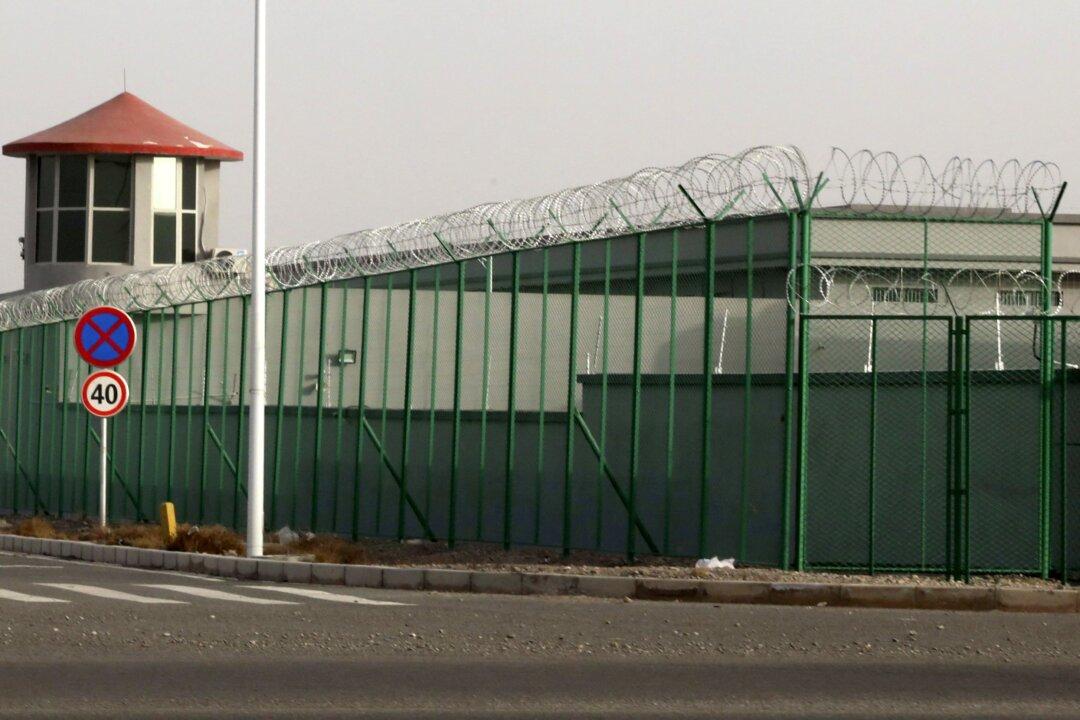The Singapore summit, attended by about 3000 international journalists, followed decades of an uneasy stability maintained in Asia in large measure because of American-led security structures. President Trump conceded much to chairman Kim and received virtually nothing concrete in return.
Former Canadian diplomat in South Korea, James Trottier, noted that the rapprochement between Trump and Kim is useful for regional peace, but runs the risk of negative consequences should the relationship sour. For now, he adds, a resumption of last year’s bellicose bilateral threats seems unlikely—to the relief of South Koreans, Japanese, and the world.





